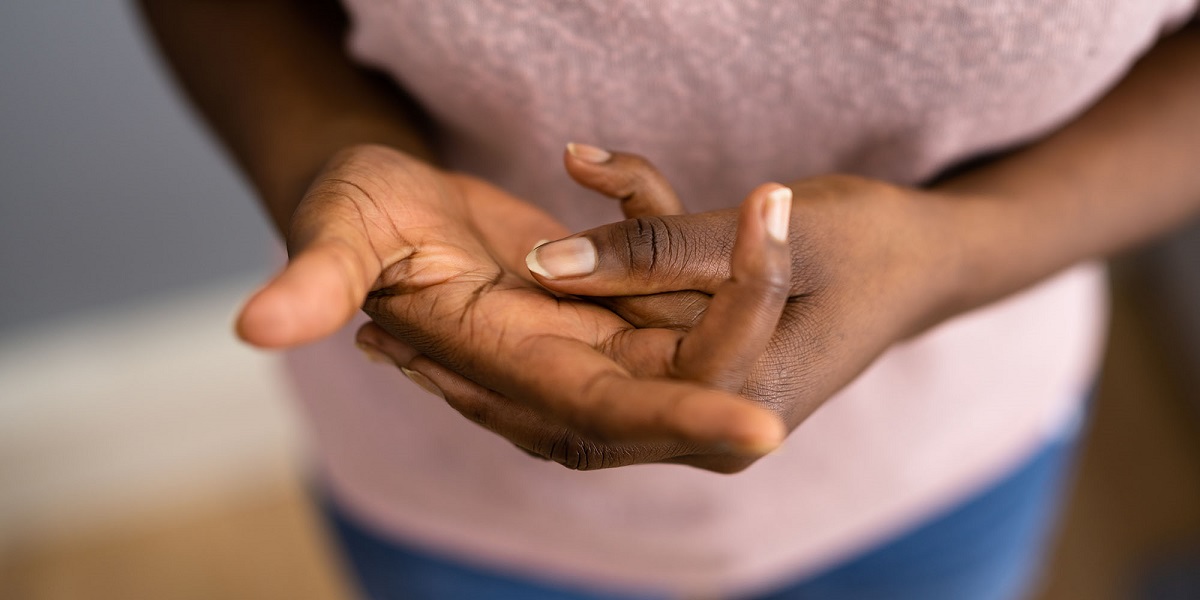The Science And Myths Behind Knuckle Cracking: Is It Harmful Or Harmless?

Myths Behind Knuckle Cracking: Knuckle cracking is a common habit practiced by many people around the world. Some find it satisfying, while others find the sound irritating.
Myths Behind Knuckle Cracking, Despite being such a widespread activity, knuckle cracking has been surrounded by myths, including the belief that it leads to arthritis or weakens joints over time. However, modern science offers a more nuanced understanding of this practice. This essay explores the physiological process behind knuckle cracking, its potential risks and benefits, and dispels the myths surrounding it.
The Science And Myths Behind Knuckle Cracking
What Happens When You Crack Your Knuckles?

Myths Behind Knuckle Cracking, The distinctive sound of cracking knuckles is caused by the rapid formation and collapse of gas bubbles within the synovial fluid, a lubricating liquid that surrounds the joints. The joints are surrounded by a capsule filled with synovial fluid, which helps reduce friction between bones during movement. When you stretch or pull the joint, the pressure in the synovial fluid drops, creating gas bubbles. These bubbles burst, creating the popping sound we associate with knuckle cracking.
Interestingly, once the joint has been cracked, it cannot be cracked again for about 15 to 30 minutes. This period is known as the “refractory period,” during which the gas bubbles in the synovial fluid need time to reaccumulate.
The Myths: Does Knuckle Cracking Cause Arthritis?
Myths Behind Knuckle Cracking, One of the most persistent myths about knuckle cracking is that it causes arthritis, particularly osteoarthritis. Osteoarthritis is a condition where the cartilage between bones wears down over time, leading to joint pain and stiffness. However, multiple studies have shown that there is no clear link between knuckle cracking and the development of arthritis.
Myths Behind Knuckle Cracking, A notable study by Dr. Donald Unger, who cracked the knuckles on one hand for over 60 years while leaving the other hand uncracked, found no significant difference in arthritis or joint health between the two hands. Additionally, larger studies have also failed to find any connection between knuckle cracking and arthritis, debunking this long-standing myth.
Potential Risks Of Knuckle Cracking
Myths Behind Knuckle Cracking, Although knuckle cracking may not cause arthritis, it is not entirely without risks. Some studies suggest that habitual knuckle cracking could lead to other issues, such as:
Joint Swelling: Repeated knuckle cracking can cause mild swelling in the joints. Some individuals report a slight increase in the size of their knuckles due to the habit, although this is generally not associated with long-term damage.
Weakened Grip Strength: There is some evidence to suggest that frequent knuckle cracking could lead to a slight decrease in grip strength over time. This is thought to be related to the loosening of ligaments in the fingers.
Tendon Damage: In rare cases, aggressive knuckle cracking could lead to damage in the tendons or ligaments surrounding the joints. This is particularly true if a person forcefully manipulates their joints beyond their natural range of motion.
Psychological And Physical Benefits
Myths Behind Knuckle Cracking, For many people, knuckle cracking is a way to relieve tension or stress, both physically and mentally. Some individuals experience a sense of relaxation after cracking their knuckles, similar to the feeling of stretching after sitting for a long time. This is why knuckle cracking can become a habitual response to stress or anxiety.
Myths Behind Knuckle Cracking, Physiologically, knuckle cracking may also provide a temporary increase in joint mobility, making the fingers feel more flexible. This temporary relief of stiffness or discomfort is often what motivates people to continue the habit, despite the myths surrounding it.
Why Do Some People Dislike The Sound?

Myths Behind Knuckle Cracking, While some people find knuckle cracking satisfying, others are strongly averse to the sound. This aversion may be linked to a phenomenon known as misophonia, where certain sounds trigger emotional reactions such as irritation, anger, or discomfort. For those with misophonia, the popping sound of knuckle cracking may be particularly grating, leading to a strong dislike of the habit.
Final Thought
Myths Behind Knuckle Cracking, Knuckle cracking is a widely practiced habit that has garnered its fair share of myths, particularly regarding its supposed link to arthritis. However, scientific evidence has largely disproven this claim, showing that knuckle cracking is relatively harmless for most people. While there are some minor risks, such as joint swelling or a decrease in grip strength, these are generally not serious enough to warrant concern. Ultimately, knuckle cracking seems to be more of a personal preference than a health risk, and whether one chooses to continue or avoid the habit is largely a matter of comfort and personal choice.
Also Read:
Prolonged Standing Is Harmful To Cardiovascular Health
The Impact Of Stress On Physical Health: How Chronic Stress Harms The Body




